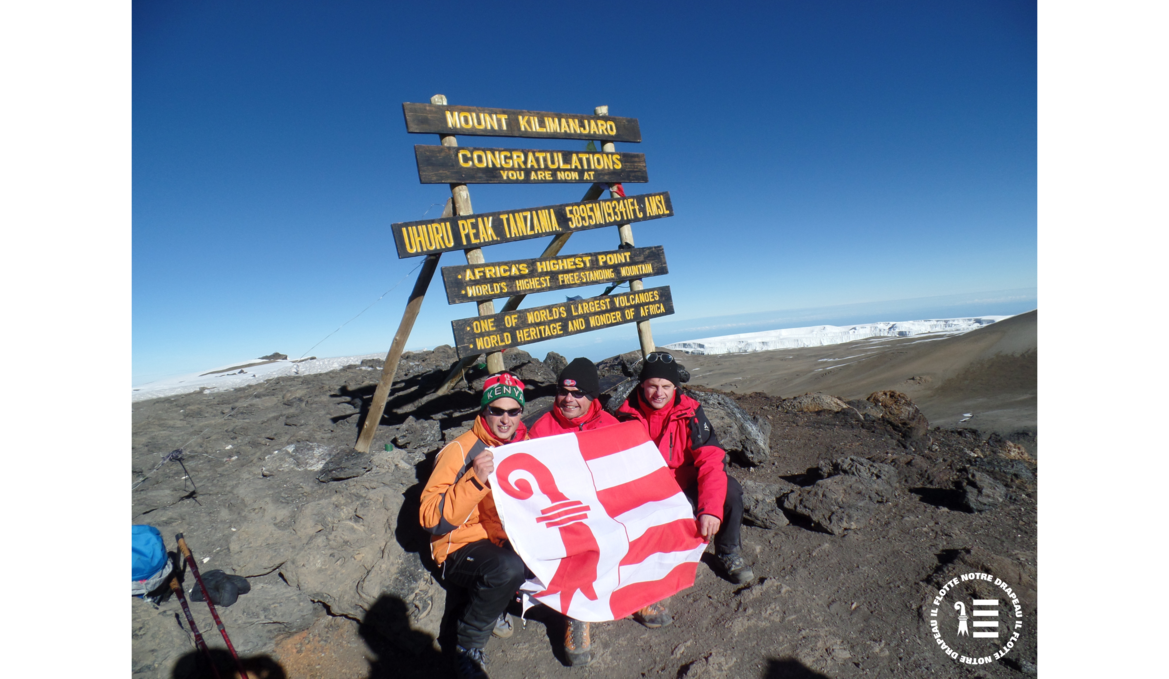
The Swiss ‘have always crossed borders’
Over the centuries, the Swiss have been tireless migrants, spreading in successive waves to every corner of the world.
“The Swiss are a people who have always crossed borders,” says Gianni d’Amato, director of the Swiss Forum for Migration and Population Studies (SFM) at the University of Neuchâtel.
These days – especially in Europe, where the vast majority of Swiss Abroad live – the concept of a border no longer holds the same significance as it does on other continents, such as the Americas or Asia. “The Swiss Abroad live a globalised life,” says d’Amato.
+ Swiss Abroad Congress: politically significant after 100 years
Money, career, family
The reasons Swiss people emigrate are varied, but can be grouped into three main trends.
Economic reasons top the list. In the 19th and early 20th centuries, emigration was primarily to escape poverty. This trend continues today, particularly among older segments of the population seeking a better lifestyle in less expensive countries.
Secondly, many Swiss emigrate for career opportunities which are unavailable at home.
And finally, the third driver is family reunification: whether it’s following a partner working abroad or settling elsewhere for love.
Women are more adventurous
Women represent 60% of the Swiss Abroad. According to d’Amato, this can be partly explained by the better educational and career opportunities made available to women over the last few decades, as well as family reunification. Women seem more inclined to move abroad for love, he says.
+ Watch: a century of Swiss Abroad congresses
And what differentiates the Swiss Abroad of the last twenty years from those of previous generations? “Perhaps individualism,” says d’Amato. Today, it’s more likely than before that people leave Switzerland “to fulfil their professional potential”.
More
Edited by Samuel Jaberg, adapted from French by Alexandra Andrist/ds



































You can find an overview of ongoing debates with our journalists here . Please join us!
If you want to start a conversation about a topic raised in this article or want to report factual errors, email us at english@swissinfo.ch.